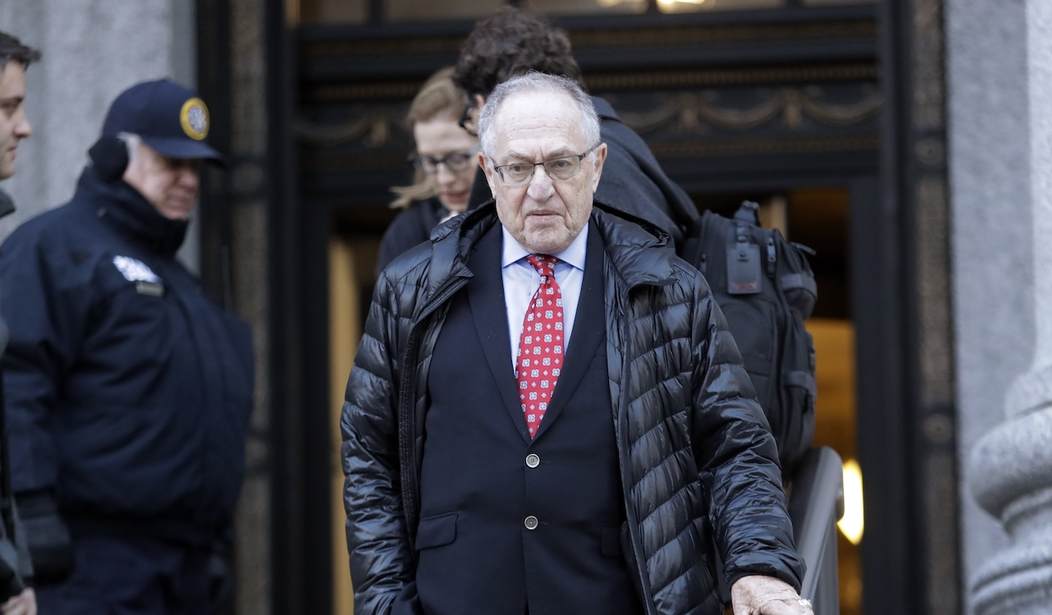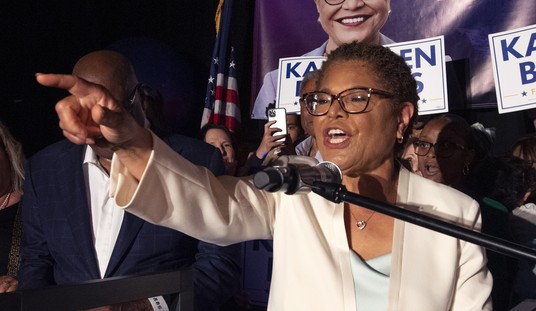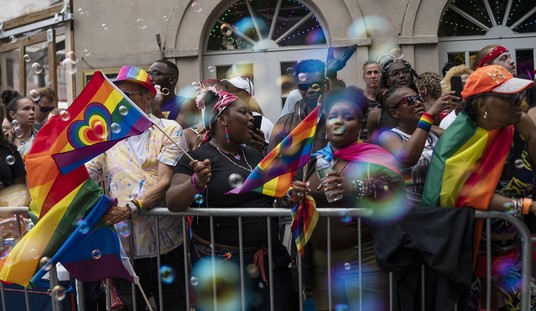The Justice Department’s indictment of former President Donald Trump is still all the rage on the airwaves and interwebs. Members of the chattering class have been chiming in, giving their two cents on the matter. Renowned Harvard law professor Alan Dershowitz recently offered his opinion on the case during an appearance on Newsmax in which he indicated that Trump’s situation is precarious, but his fate isn’t necessarily sealed.
According to Dershowitz, the indictment against Donald Trump is partly serious and partly expected, as possessing classified material may not be damning due to potential defenses under the Presidential Records Act. However, Dershowitz considers two paragraphs in the indictment particularly damning, which include transcriptions of tape recordings where Trump acknowledges possessing and showing classified papers, suggesting a potential violation.
The law professor believes that while the overall charges are not significantly different from what others like Hillary Clinton could have been charged with, these two paragraphs present a serious case, and Trump’s lawyers or Trump himself will need to provide an explanation for sharing classified information with someone without security clearance.
When asked whether the indictment against Trump was damning, Dershowitz replied:
“Part of it is, part of it isn’t. The material about simply possessing classified material is not a damning indictment. We knew it was coming. The [Presidential] Records Act probably is at least a potential defense to that. There are two damning paragraphs, just two, paragraph 34 and paragraph 35, where they have tape recordings of the former President basically acknowledging that some of the papers that he possessed and showed to a writer — I’ll just read you — so ‘as President I could’ve declassified it. Now I can’t, you know, but this is still [a] secret.’ …
So, I think this is a serious indictment on these two charges. Everything else I think is exactly what we expected. There’s no difference between that and what Hillary Clinton and others have done, not enough to justify this. It doesn’t meet what I call the Richard Nixon standard, which was very clear obstruction of justice, destroying evidence, paying bribes. This is too close a case to bring against a man running for president against the incumbent president. The only exception to that are these two paragraphs, and we’re going to have to hear an explanation from Trump’s lawyers or from Trump as to how he can justify having shown, to somebody who doesn’t have security clearance, allegedly some information about a plan to attack Iran.”
In an example of how Trump’s lawyers might address the audio recording of the conversation, Dershowitz suggested that they “may claim [Trump] didn’t show it to [the other person], he just kind of waved it in front of him as part of his kind of bragging.”
As silly as it might sound, this just might be one of the best strategies Trump’s team could use. The recording was audio only, so it is not clear whether the former president actually had the other individual read the document, or just “waved it in front of him” as Dershowitz suggested. There is a significant difference between giving someone a document and having them read it and just brandishing it in front of them to show that he possessed the document. The government will have to prove to a jury that the former president actually showed the other person the classified contents in the papers.
Trump was informed earlier this week that he will be indicted by the Department of Justice (DOJ). The special counsel, Jack Smith, who was appointed by Attorney General Merrick Garland to investigate the former president, charged Trump with offenses related to “gathering, transmitting, or losing” national defense information. The charges reportedly include a violation of the US Code that prohibits such actions. There is also speculation about potential charges of false statements and obstruction of justice.
The charges being considered align with earlier reports that highlighted a recorded conversation between Trump and representatives of Mark Meadows, in which Trump allegedly mentioned a classified government document pertaining to an Iran invasion. Republicans criticized the timing of the indictment, as it appears that the DOJ intentionally delayed the process to ensure that the trial takes place after Trump possibly secures the Republican nomination and also to distract from the bribery scandal involving President Joe Biden.
If the government cannot prove that Trump revealed the contents of a classified document to an unauthorized individual, it might be difficult to win a conviction. The rest of the charges appear to be on the same level as Hillary Clinton’s email scandal, which did not result in so much as an indictment. Indeed, James Comey, who was director of the FBI at the time, publicly exonerated her.
Still, there are many “unknown unknowns” in this caper. Perhaps the DOJ has more damning evidence showing the former president engaged in worse misconduct. It’s also possible that they are throwing whatever they can against the wall and hoping something will stick. I suppose we will find out soon enough.













Join the conversation as a VIP Member